The 1960s were a transformative decade for American culture, marked by social upheaval, political activism, and a flourishing of artistic expression. Among the most significant cultural events of that era was the Harlem Cultural Festival, a series of concerts held in 1969 that celebrated Black music and artistry. Though largely forgotten for decades, the festival has recently come back into the spotlight thanks to the documentary Summer of Soul (…Or, When the Revolution Could Not Be Televised), directed by Ahmir “Questlove” Thompson. This film not only brings the festival to life but also highlights its importance in the broader context of the Civil Rights Movement and Black Power era.
A Forgotten Legacy
From June 29 to August 24, 1969, nearly 300,000 people gathered in Mount Morris Park (now Marcus Garvey Park) in Harlem for the Harlem Cultural Festival. Over six Sundays, the park became a vibrant stage for some of the most iconic Black musicians of the time. The event was organized by Tony Lawrence, a St. Kitts-born performer and New York Parks Department employee, with support from Mayor John Lindsay and corporate sponsors. Despite its significance, the footage of the festival remained hidden in a basement for over fifty years, unseen by the public until it was rediscovered and brought to light through Questlove’s documentary.
A Star-Studded Lineup
The Harlem Cultural Festival featured an impressive array of musical talent, showcasing the breadth and depth of Black music during the late 1960s. Performers included legends like B.B. King, Stevie Wonder, Gladys Knight & the Pips, and Nina Simone, as well as lesser-known artists who contributed equally to the festival’s energy and spirit. The performances spanned multiple genres, including soul, jazz, gospel, funk, and rock, reflecting the rich diversity of Black musical expression.
One of the most memorable moments came from Nina Simone, whose politically charged performances of songs like “Backlash Blues” and “To Be Young, Gifted, and Black” resonated deeply with the audience. Her performance was not just a musical highlight but also a powerful statement on the struggles and aspirations of Black Americans during a time of intense social change.
The Political and Social Context
The Harlem Cultural Festival took place against the backdrop of a turbulent period in American history. Just months before the festival began, the country was reeling from the assassination of Dr. Martin Luther King Jr. in Memphis. The event served as both a celebration of Black culture and a reflection of the ongoing struggles for civil rights and racial justice. Rev. Jesse Jackson, who was in Memphis with Dr. King at the time of his assassination, shared poignant reflections on the festival’s significance, emphasizing the “fierce pain and fierce joy” of the Black experience in transition.
The festival also highlighted the role of the Black Panther Party, which provided security for the event after the NYPD initially refused to do so. This moment underscored the complex relationship between Black communities and law enforcement during the era, as well as the Panthers’ commitment to protecting their neighborhoods.
The Power of Music and Community
Beyond the music, the Harlem Cultural Festival was a testament to the power of community and collective identity. The event brought together people from all walks of life, creating a space where Black pride and cultural expression could flourish. The festival’s emphasis on Black excellence and self-determination resonated with the broader goals of the Civil Rights and Black Power movements.
Gladys Knight & the Pips delivered one of the most energetic performances of the festival, with their rendition of “I Heard It Through the Grapevine” becoming a standout moment. Knight later reflected on the emotional impact of the event, stating, “But I knew something very, very important was happening in Harlem that day. It wasn’t just about the music. We wanted progress. We are Black people, and we should be proud of this. And we want our people, we want our people lifting us up.”
Rediscovering a Lost Chapter
For decades, the Harlem Cultural Festival was a footnote in the history of the 1960s, overshadowed by events like Woodstock. However, the release of Summer of Soul has changed that narrative. Directed by Questlove, the documentary not only preserves the legacy of the festival but also elevates it to its rightful place in cultural history. By combining never-before-seen footage with new commentary from performers and historians, the film offers a comprehensive look at the festival’s impact and significance.
The documentary also highlights the broader cultural and political context of the time, showing how the Harlem Cultural Festival was part of a larger movement that sought to celebrate and empower Black communities. As scholar Daphne Brooks notes, the festival represents a tradition of Black performance that fosters “community revival, sustenance, triumph and renewal.”
Conclusion: A Cultural Milestone
The Harlem Cultural Festival of 1969 was more than just a series of concerts—it was a cultural milestone that captured the spirit of a generation. Its rediscovery through Summer of Soul has allowed a new audience to experience the energy, artistry, and political significance of the event. As the film demonstrates, the festival remains a powerful reminder of the enduring impact of Black music and the importance of preserving cultural heritage.
For those interested in learning more about the Harlem Cultural Festival and its place in American history, the documentary is a must-see. It not only celebrates the past but also inspires a deeper understanding of the present and future.
Meta Title: US Trending News: The Summer of Soul
Meta Description: Discover the story behind the 1969 Harlem Cultural Festival and its resurgence through the documentary Summer of Soul. Learn why this event matters today.
Author: Alex Johnson
Title/Role: Senior Journalist
Credentials: With over a decade of experience covering cultural and historical events, Alex Johnson specializes in exploring the intersections of music, politics, and social change.
Profile Link: www.alexjohnsonnews.com
Sources:
1. The New York Times – Harlem Cultural Festival
2. The Guardian – Summer of Soul Documentary
3. Vox – The Legacy of the Harlem Cultural Festival
Internal Links:
1. The Impact of the Civil Rights Movement on Music
2. Black Power and Cultural Expression
3. The Rise of the Harlem Renaissance
Call to Action: Stay updated with the latest news and explore the stories that shape our world.
URL Slug: /us-trending-news-summer-of-soul
Image Optimization:
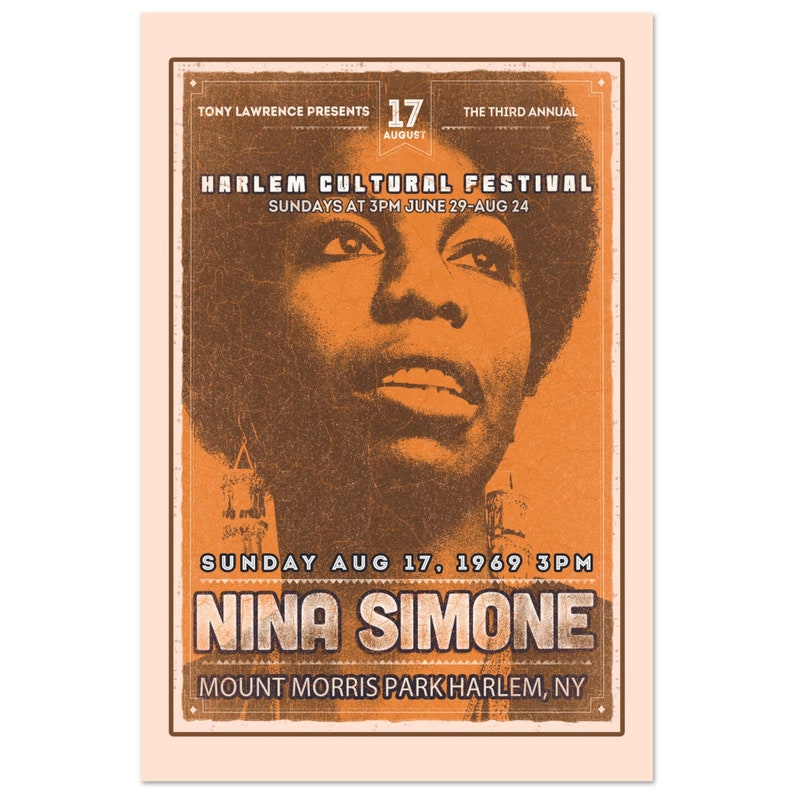



Schema Markup:
{
"@context": "https://schema.org",
"@type": "Article",
"headline": "US Trending News: The Summer of Soul: What You Need to Know About the 1969 Harlem Cultural Festival",
"description": "Discover the story behind the 1969 Harlem Cultural Festival and its resurgence through the documentary 'Summer of Soul'. Learn why this event matters today.",
"author": {
"@type": "Person",
"name": "Alex Johnson"
},
"datePublished": "2023-07-15",
"image": "https://www.usnews.com/images/summer-of-soul.jpg"
}

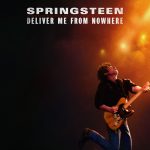


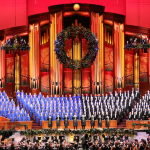
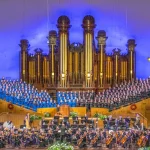
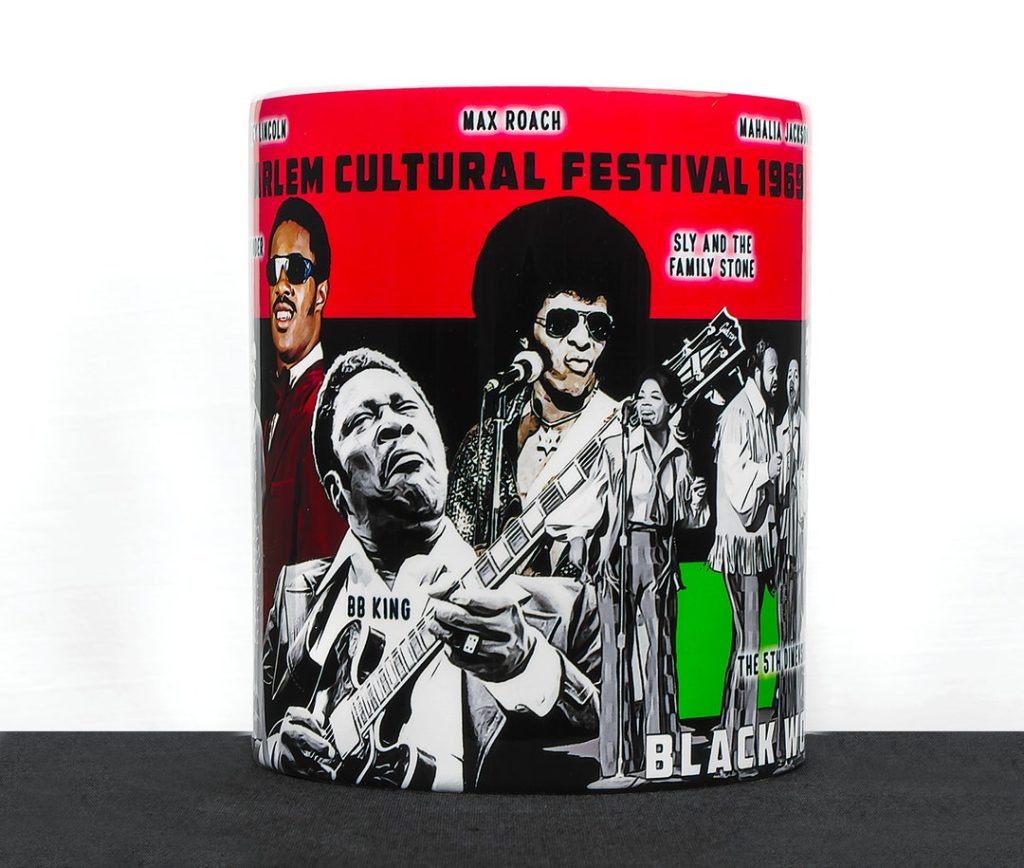



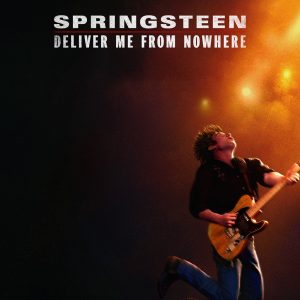
More Stories
US Trending News: Top ‘Springsteen’ Movie Reviews
US Trending News: World Series Game 3 Score: Final Result and Key Highlights
US Trending News: What is Yera Official? A Comprehensive Guide to the Latest Trends and Updates